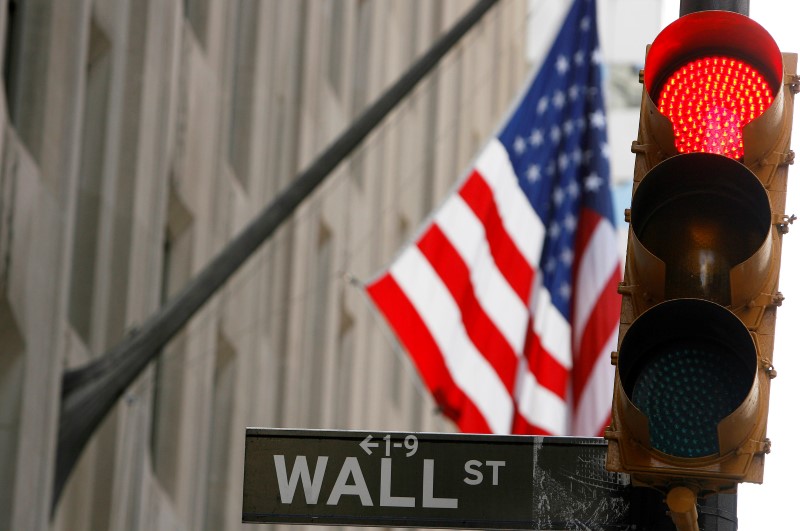This post was originally published on this site

(Reuters) – Apple on Thursday reported sales and profit that beat Wall Street expectations despite a decline in iPhone sales, with its signature device’s strong performance in China helping the company navigate a global decline in the smartphone market.
Apple said sales for the fiscal third quarter ended July 1 fell 1.4% to $81.8 billion and earnings per share rose 5% to $1.26. That topped analyst expectations of $81.69 billion and $1.19 per share, according to IBES data from Refinitiv. IPhone sales slightly missed analyst estimates, but were made up for by strong sales in the services segment that contains Apple TV+ and by sales in China that grew 8% year over year.
Apple shares (NASDAQ:AAPL) were flat in extended trading after the results.
Apple’s research and development spending also hit $22.61 billion for the fiscal year so far, about $3.12 billion higher than at this point in the previous year.
Apple Chief Executive Officer Tim Cook told Reuters in an interview that the increased R&D spending was in part driven by work on generative artificial intelligence, the same field that is driving spending at other big technology companies.
“We’ve been doing research across a wide range of AI technologies, including generative AI, for years. We’re going to continue investing and innovating and responsibly advancing our products with these technologies to help enrich people’s lives,” Cook said. “Obviously, we’re investing a lot, and it is showing up in the R&D spending that you’re looking at.”
Apple is in a delicate position, with its entrenched iPhone battling for share against Android rivals in a mature market, while its next big product – the Vision Pro mixed-reality headset announced in June – is not yet in the hands of consumers.
While Big Tech rivals including Microsoft (NASDAQ:MSFT) and Alphabet (NASDAQ:GOOGL)’s Google are spending billions on dueling chatbots and other AI technologies, Cook said that AI would show up in Apple products as new features. One such feature, he said, will be the iPhone’s ability to transcribe voice mail messages in real time, starting this autumn.
In the meantime, Apple appeared to outperform what has been the weakest smartphone market in China in almost a decade. Overall smartphone sales declined 8% in China in the calendar second quarter to their lowest levels since 2014, according to Counterpoint Research. By contrast, Cook told Reuters that Apple’s iPhone sales in China grew by “double digits” and that sales were also high in other segments in China.
That helped Apple push sales in its greater China region to $15.76 billion, from $14.60 billion in last year’s same quarter.
“This was really done by attracting a quarterly record of switchers to the iPhone, as well as having a strong upgrader activity,” Cook said. “We also set quarterly records in China for both wearables, home and accessories, and services.”
Apple said iPhone sales were $39.67 billion, below analyst expectations of $39.91 billion, according to Refinitiv data. Cook said the installed base of iPhones hit a new high but gave no numbers.
Apple’s services segment, which includes its Apple TV+ service which has announced a deal to carry Major League Soccer, had $21.21 billion in revenue, compared with analyst estimates of $20.76 billion, according to Refinitiv data.
Cook said Apple now has 1 billion subscribers on its platform, which includes both Apple services and third-party apps, up from 975 million a quarter ago.
The company’s wearables business, which includes the Apple Watch and AirPods, had revenue of $8.28 billion, compared with analyst estimates of $8.39 billion, according to Refinitiv data.
Mac and iPad sales were $6.84 billion and $5.79 billion, respectively, compared with analyst estimates of $6.62 billion and $6.41 billion, according to Refinitiv data.
“Almost half of the Mac buyers during the quarter were new to the product, and we continue to see strong upgrader activity to Apple Silicon,” Cook told Reuters.

